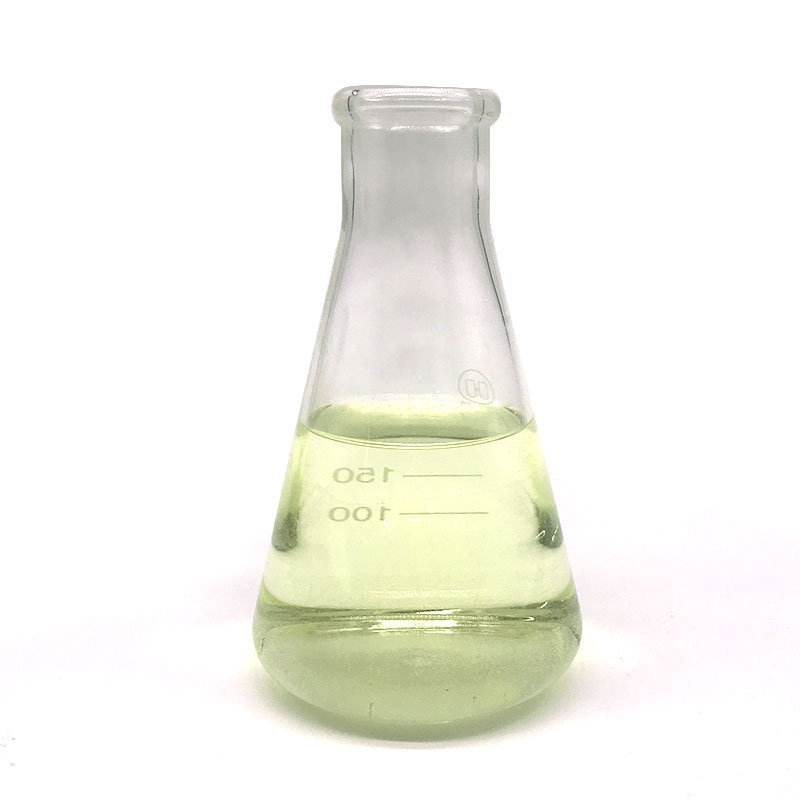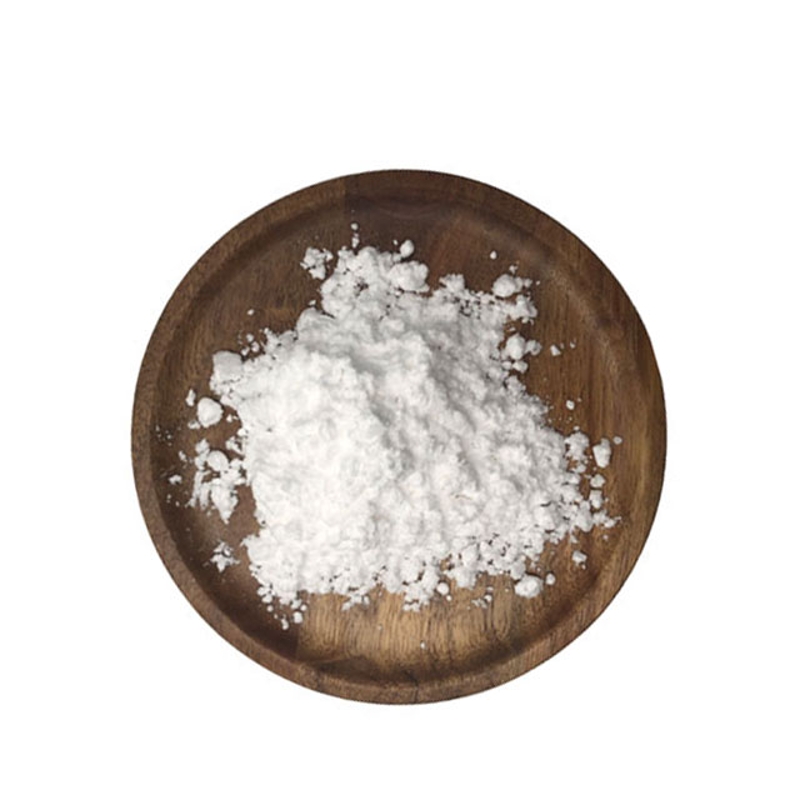-
Categories
-
Pharmaceutical Intermediates
-
Active Pharmaceutical Ingredients
-
Food Additives
- Industrial Coatings
- Agrochemicals
- Dyes and Pigments
- Surfactant
- Flavors and Fragrances
- Chemical Reagents
- Catalyst and Auxiliary
- Natural Products
- Inorganic Chemistry
-
Organic Chemistry
-
Biochemical Engineering
- Analytical Chemistry
- Cosmetic Ingredient
-
Pharmaceutical Intermediates
Promotion
ECHEMI Mall
Wholesale
Weekly Price
Exhibition
News
-
Trade Service
5;"> (Pfizer),elranatamab(PF-06863135)(R/R MM)2MagnetisMM-3。elranatamab、BCMACD3。,MM,elranatamab。20226。
elranatamabBCMAxCD3,(FDA)(FTD)。FTD,。FTD,FDA,,。
Bispecific antibodies are a new type of tumor immunotherapy that can simultaneously bind to two different targets.
One arm directly binds to a specific antigen on cancer cells, and the other arm activates the patient’s own immune system.
T cell and bring it closer to the cancer cell to kill it.
Elranatamab is designed to combine the B cell maturation antigen (BCMA) highly expressed on the surface of multiple myeloma cells and the CD3 receptor on the surface of anti-cancer T cells, linking them to activate the immune response.
The binding affinity of elranatamab to BCMA and CD3 has been optimized, making T cell-mediated anti-myeloma activity stronger.
Chris Boshoff, M.
D.
, Chief Development Officer, Pfizer Global Product Development Oncology, said: "The launch of the key trial MagnetisMM-3 is an important step forward for our elranatamab development project.
Bispecific antibodies are expected to become the next potential for the treatment of multiple myeloma.
Breakthrough.
We are very encouraged by the early subcutaneous injection of elranatamab, the antibody was discovered and developed at Pfizer to improve safety and convenience.
"
At the 62nd Annual Meeting of the American Society of Hematology (ASH) held in December 2020, Pfizer announced the safety and safety of elranatamab in the treatment of relapsed or refractory multiple myeloma (R/R MM) Phase I study (NCT03269136) Clinical response results.
Data from 30 R/R MM patients (including 3 R/R MM patients who had progressed after receiving BCMA targeted therapy) showed that the safety of elranatamab at all subcutaneous injection dose levels is controllable, and there is no Dose limiting toxicity was observed.
This phase I study (NCT03269136) is an open-label, multi-dose, multi-center, dose-escalation, safety, pharmacokinetic (PK), and pharmacodynamic study.
It is enrolled in the group for recurrence or treatment after receiving standard therapies.
The main goal of this part of the study announced at the 2020 ASH annual meeting is to evaluate the safety and tolerability of subcutaneous injection of elranatamab, determine the maximum tolerated dose, and select the recommended phase 2 dose.
In the study, during the dose escalation process, no dose-limiting toxicity was observed at any subcutaneous dose level (80-1000μg/kg per week).
In 20 patients treated with an effective dose range of 215-1000μg/kg once a week, the overall response rate (ORR) was 80%.
Among these 20 patients, 6 cases achieved strict complete remission (sCR) or complete remission (CR), 3 cases achieved very good partial remission (VGPR), and 6 cases achieved partial remission (PR).
Although progress has been made in the treatment of multiple myeloma (MM), there is still no cure for the disease.
For patients, a major breakthrough in treatment is urgently needed.
5;"> Pfizer recently announced that the registration phase 2 MagnetisMM-3 study evaluating the bispecific antibody elranatamab (PF-06863135) for the treatment of relapsed or refractory multiple myeloma (R/R MM) has given the first patient Medicine treatment.
Elranatamab is an under-research bispecific antibody targeting BCMA and CD3.
In the study, the disease of the enrolled patients was difficult to treat at least one of the three approved drugs in the field of MM treatment.
The study evaluated the efficacy and safety of elranatamab subcutaneous injection therapy.
The preliminary completion time of the study is expected to be June 2022.
Elranatamab is a BCMxCD3 bispecific antibody that has been granted Fast Track Status (FTD) by the U.
S.
Bispecific antibodies are a new type of tumor immunotherapy that can simultaneously bind to two different targets.
One arm directly binds to a specific antigen on cancer cells, and the other arm activates the patient’s own immune system.
T cell and bring it closer to the cancer cell to kill it.
Elranatamab is designed to combine the B cell maturation antigen (BCMA) highly expressed on the surface of multiple myeloma cells and the CD3 receptor on the surface of anti-cancer T cells, linking them to activate the immune response.
The binding affinity of elranatamab to BCMA and CD3 has been optimized, making T cell-mediated anti-myeloma activity stronger.
The purpose of subcutaneous injection of elranatamab is to allow higher doses than intravenous injection without increasing adverse events.
In addition to the MagnetisMM-3 trial, other trials of elranatamab in the treatment of multiple myeloma also include its use as a monotherapy or in combination with standard care therapies and new therapies.
Chris Boshoff, M.
D.
, Chief Development Officer, Pfizer Global Product Development Oncology, said: "The launch of the key trial MagnetisMM-3 is an important step forward for our elranatamab development project.
Bispecific antibodies are expected to become the next potential for the treatment of multiple myeloma.
Breakthrough.
We are very encouraged by the early subcutaneous injection of elranatamab, the antibody was discovered and developed at Pfizer to improve safety and convenience.
"
At the 62nd Annual Meeting of the American Society of Hematology (ASH) held in December 2020, Pfizer announced the safety and safety of elranatamab in the treatment of relapsed or refractory multiple myeloma (R/R MM) Phase I study (NCT03269136) Clinical response results.
Data from 30 R/R MM patients (including 3 R/R MM patients who had progressed after receiving BCMA targeted therapy) showed that the safety of elranatamab at all subcutaneous injection dose levels is controllable, and there is no Dose limiting toxicity was observed.
At the highest dose level, 83% of patients achieved a clinical response.
This phase I study (NCT03269136) is an open-label, multi-dose, multi-center, dose-escalation, safety, pharmacokinetic (PK), and pharmacodynamic study.
It is enrolled in the group for recurrence or treatment after receiving standard therapies.
Adult patients with MM who are refractory to standard therapies.
The study consisted of 2 parts.
Part 1 assessed the safety and tolerability of elranatamab ascending dose levels.
The study enrolled 80 patients and evaluated intravenous or subcutaneous injection of elranatamab5.
The preliminary results of intravenous administration were reported at the ASH annual meeting in 2019.
The main goal of this part of the study announced at the 2020 ASH annual meeting is to evaluate the safety and tolerability of subcutaneous injection of elranatamab, determine the maximum tolerated dose, and select the recommended phase 2 dose.
In the study, during the dose escalation process, no dose-limiting toxicity was observed at any subcutaneous dose level (80-1000μg/kg per week).
Cytokine release syndrome (CRS) occurred in 73.
3% of patients, which was limited to grade 1 (56.
7%) or grade 2 (16.
7%).
Grade ≥3 adverse events that occurred in >10% of patients included lymphopenia (53.
3%), neutropenia (26.
7%), thrombocytopenia (16.
7%), and anemia (16.
7%).
In 20 patients treated with an effective dose range of 215-1000μg/kg once a week, the overall response rate (ORR) was 80%.
Among these 20 patients, 6 cases achieved strict complete remission (sCR) or complete remission (CR), 3 cases achieved very good partial remission (VGPR), and 6 cases achieved partial remission (PR).
Three patients who responded to treatment had received at least one BCMA targeted therapy.
At the highest dose of 1000 μg/kg, the ORR was 83% (n=5/6).
Based on these data, the recommended phase 2 dose is 1000 μg/kg once a week.
Although progress has been made in the treatment of multiple myeloma (MM), there is still no cure for the disease.
For patients, a major breakthrough in treatment is urgently needed.
The very high remission rate observed with elranatamab treatment, coupled with the manageable safety and convenience of subcutaneous administration, underscore the potential impact this drug may have on the patient population with this devastating disease.
These findings support the continued development of elranatamab in the treatment of multiple myeloma, either as a monotherapy or in combination with standard therapies or new therapies.
(Bio Valley)







